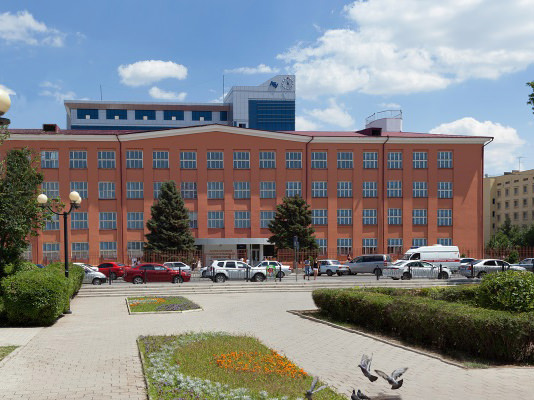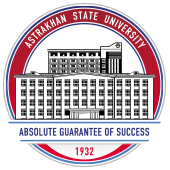Students of ASU about World War 2
 22.04.2015
22.04.2015
While the 70th Anniversary of Russia’s Victory over Nazi Germany is approaching, the Center of Sociological Survey of Astrakhan State University has arranged the survey “Students about World War 2” together with the Astrakhan Branch of the Russian Society of Sociologists.
According to the obtained data, most students of ASU (65 %) think that senior generations’ feat and selflessness can be a real example for young people. An almost equal number of respondents (14.8% and 14.4 % respectively) have agreed with the statements “people of my age shall keep the memory about the past war in their conscience” and “memory about that war is fading away in new generations’ conscience, as other events and problems become a foreground”. Less than 6 % of the respondents have remarked that “heroism and self-sacrifice during WW2 are becoming unfamiliar for present-day young people”. As for the statement “WW2 was long ago, it’s not interesting for me”, an overwhelming majority of students has disagreed with it (86 %).
As for the question if their families keep relics of those times, 54.9 % of the young respondents have responded affirmatively, and 45.1 % – negatively. Among types of their relics, 37.1 % keep photos, 34.9 % – awards, 12.5 % – letters, and 13.8 % – other items of those times.
About half of the students (47.9 %) perceive May 09 as a day to commemorate their close relatives who came through the war. An almost equal number of them (46.5 %) perceive it as a “holiday with tears in our eyes”. As for 5.6 %, this day is just another day-off for them.
According to 93.5 % of the students, it is the Soviet Union that contributed most to the victory over Nazi Germany. 16.7 % of them are sure that the United States contributed to the victory considerably. Some respondents have also stated that the United Kingdom and France (9.0 % and 7.6 % respectively) also contributed to the victory significantly.
85 % of the students have watched modern TV series about World War 2; 80.1 % have watched films about that war produced during the Soviet era.
77.4 % agree with the statement “that war really took place, and new generations ought to know the whole truth”; 13.3 % think that “at last, events of WW2 are no longer embellished”; 9.2 % consider that “World War 2 and its participants are portrayed rather negatively, which is disrespectful towards people who passed through that war”.
Almost half of the respondents (23 %) consider that to be a patriot means to feel pride for your country. Practically an equal number of them (22.9 %) think that patriotism means good knowledge of Russia’s history and respect towards it. 15.9 % of the students relate patriotism to respect towards participants of World War 2, to elderly people, and to people with special needs. 81.6 % claim they are patriots.
As for the question “Will you take part in celebration of the 70th anniversary of the Victory?”, 25.3 % of the respondents have answered affirmatively (they will take part in a parade or in a demonstration on May 09); 23.5 % have said that they will help prepare the holiday events. An equal number of the respondents (21.2 % in both cases) have presented their works to a creative contest dedicated to the Victory Day or will attend a meeting with the war veterans.
Russian original information source: the Center of Sociological Survey of ASU


